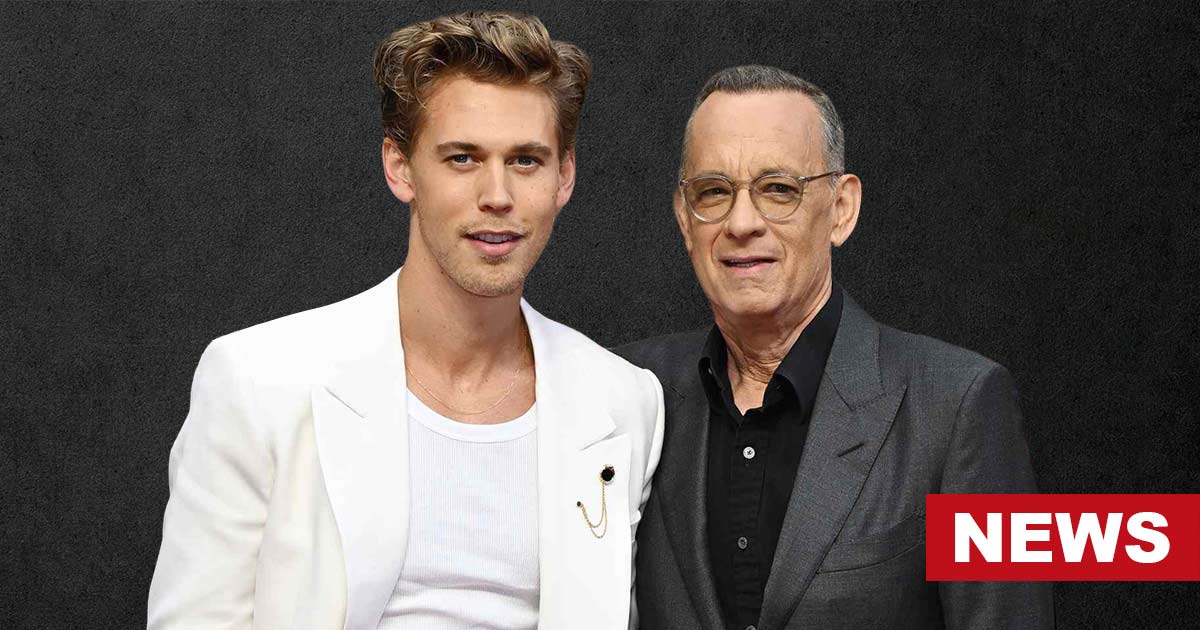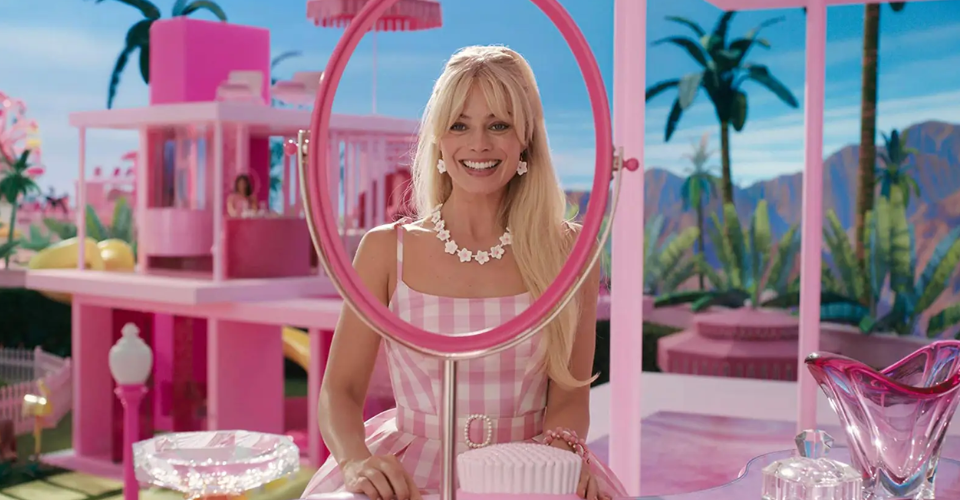- Austin Butler’s mental health faced challenges during and after his immersive portrayal of Elvis Presley in the film “Elvis.”
- Co-star Tom Hanks advised Butler to swiftly transition out of the character’s world for emotional wellness preservation.
After immersing himself deeply in portraying Elvis Presley, Austin Butler received valuable advice from co-star Tom Hanks regarding transitioning out of the character’s world. Hanks, an Oscar-winning actor, advised Butler to pivot to something entirely different for the sake of his mental well-being.
In an interview with The Times of London, Butler recounted Hanks’ words: “‘You have immersed yourself so deeply in Elvis that, for your mental health, it would be wise to go straight into something else.’ ‘If you just jump off the train, you might have emotional whiplash…and, you know, I’ve got this thing I’m producing.’”
The project Hanks referred to was the AppleTV+ miniseries “Masters of the Air,” a follow-up to World War II epics “Band of Brothers” and “The Pacific.” In this series, Butler takes on the role of Major Gale Cleven alongside Barry Keoghan and Callum Turner.
Reflecting on the transition, Butler revealed that he had merely a week between concluding filming for “Elvis” in Australia and commencing work on “Masters of the Air” in London. He admitted to Vanity Fair in a 2023 Hollywood cover feature that this rushed shift felt somewhat impulsive in hindsight.
Butler confessed, “It was a—looking back—’what was I thinking?’ kind of thing.” He expressed gratitude for the experience, citing the camaraderie among the cast, yet acknowledged that he could have benefited from more time to decompress.
Following “Masters of the Air,” Butler embarked on roles in “The Bikeriders” and “Dune: Part Two,” both scheduled for release later this year. These roles required him to reset and embrace characters distinct from Elvis. Speaking with VF, Butler emphasized that he didn’t want to imply he was leaving Elvis behind, as it was a cherished experience.
He elucidated, “I never want to say I shed Elvis or washed it off because it makes it sound like something that I want to leave me. It was such a gift and it was such an amazing time.” He had been consumed by the role for over two years, focusing solely on Elvis-related matters.
Butler’s portrayal of Elvis was a once-in-a-lifetime undertaking, as he disclosed to The Times. The Oscar-nominated performance pushed him to the very limits of his abilities, an experience he believes he might not replicate. However, he finds that the intense process invigorated him, making him feel truly alive, despite the challenges it posed.
Following the conclusion of filming for the musical biopic, Butler shared in an interview with British GQ that he encountered severe health issues. The day after wrapping up “Elvis,” Austin Butler’s mental health took a plunge. He found himself rushed to the hospital due to excruciating pain.
Diagnosed with a virus that mimicked appendicitis symptoms, he remained bedridden for an entire week. This unexpected medical setback, Butler surmised, could be attributed to his body’s adverse reaction to the sudden shift from being immersed in the character of Presley.
The effects of Butler’s transformation into the King of Rock ‘n’ Roll extended beyond his physical health. Numerous individuals close to him noticed that he struggled with depression and the tendency to disengage from the persona he had adopted for the role.
Even fans remarked on alterations in his voice since completing the filming. Recounting his family’s observations, Butler shared that his voice no longer resonated with the familiarity they had known.
Despite the passage of time and his transition to new projects, such as “Masters of the Air,” Butler found himself continuing to exude elements of the iconic Elvis persona. He candidly expressed how he could relate to Elvis’s experience of entering the Army, drawing parallels between the sensation of glamor and fame and the stark reality of donning military fatigues. Even “Masters of the Air” director Cary Fukunaga remarked on Butler’s residual connection to the Elvis persona.
In light of his deep admiration for Presley, Austin butler’s emotional wellbeing confessions revealed a poignant connection. The similarity between the age at which Presley lost his mother (23) and the age at which Butler experienced the same loss fostered a personal resonance.
This connection fueled Butler’s devotion to portraying Elvis authentically and added an extra layer of emotional investment in the role.Austin Butler’s mental health journey as he delved into the role of Elvis highlights the intricate relationship between acting, mental health, and the process of leaving behind a deeply immersive character.
While the experience was undeniably transformative and marked a significant milestone in his career, it also underscored the importance of taking deliberate steps to safeguard his mental and emotional well-being during and after such an intense artistic endeavor.





















